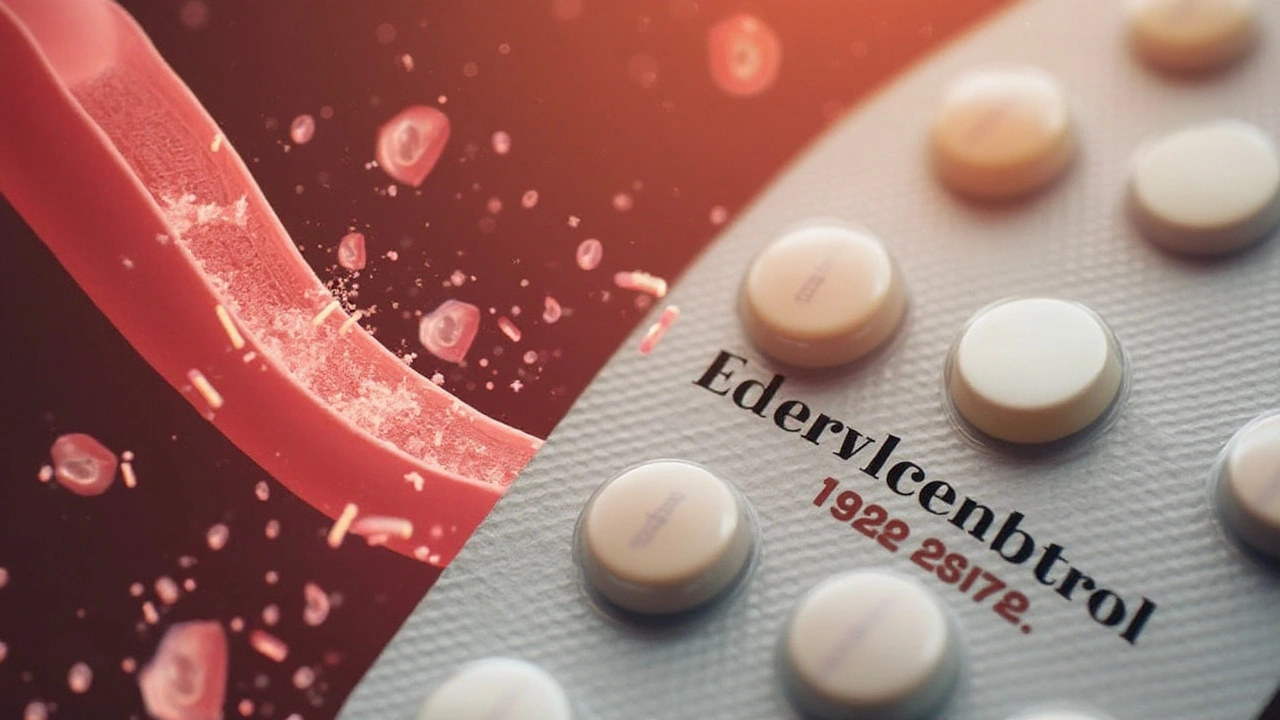Birth Control: What You Need to Know
Thinking about birth control but not sure where to start? You're not alone. Birth control is a personal decision that can feel overwhelming with so many options out there. This guide breaks down the basics to help you understand your choices, how they work, and what might fit best for your lifestyle.
From the pill to devices like IUDs and implants, birth control methods come in different forms: hormonal, barrier, natural, and permanent. Hormonal methods, like the pill or patch, work by regulating your hormones to stop ovulation — which is when your ovaries release eggs. Barrier methods, like condoms, physically stop sperm from reaching the egg. Each type has its own pros and cons, so knowing the facts helps you pick the right one.
Choosing the Right Method for You
No birth control method is one-size-fits-all. Factors like your health, how often you have sex, and whether you want kids soon or later come into play. For instance, if you want something low-maintenance, an IUD — a small device placed in the uterus — can last several years without daily attention. If you prefer a non-hormonal option, condoms or copper IUDs might be alternatives. Also, remember that only condoms protect against sexually transmitted infections (STIs), so consider combining methods if that's important to you.
Common Questions About Birth Control
Wondering if birth control will affect your mood or weight? Different people react differently, and some side effects may show up at first but often fade over time. It’s smart to talk with your healthcare provider about any concerns and try a method that fits your needs. Also, remember that birth control doesn’t protect against STIs — condoms are your best bet for that.
Keep in mind: starting birth control might take some trial and error. Don't hesitate to reach out for professional advice or switch methods if something doesn’t feel right. Your comfort and health matter most, and there’s a birth control option out there that works for you.
Understanding the Link Between Ethinylestradiol and Blood Clot Risks
Ethinylestradiol is a common component of birth control pills that can increase the risk of blood clots. This article delves into the science behind this risk, who might be more susceptible, and practical steps to minimize potential dangers. Understanding this connection is crucial for making informed health decisions.
